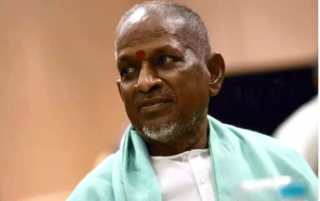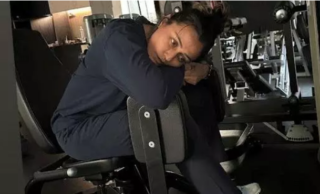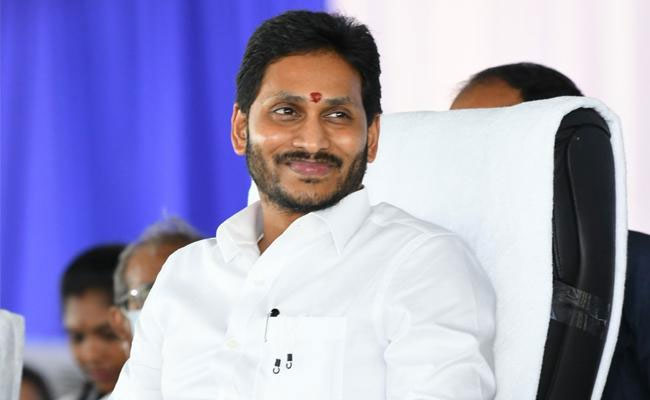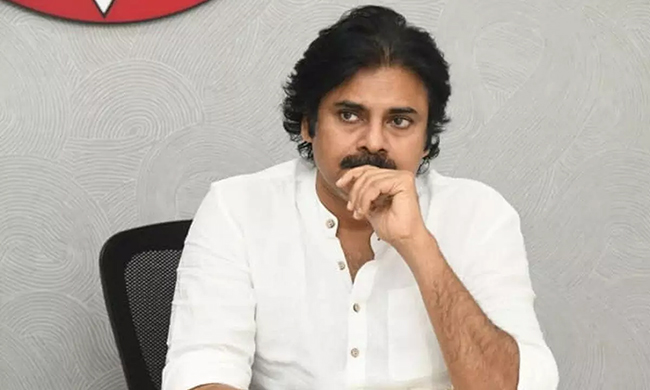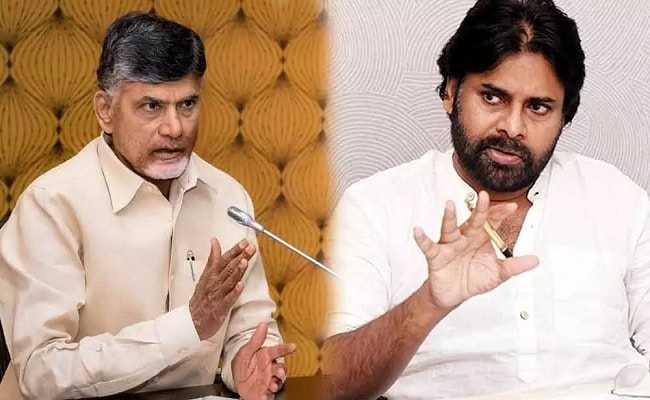 COLOMBO: Prime Minister Mahinda Rajapaksa’s office said on Monday that his government has decided to run the Colombo Port’s Eastern Container Terminal (ECT) as a fully-owned operation of the state-run ports authority, prompting India to demand Sri Lanka to abide by its commitment of the trilateral deal with it and Japan to jointly develop the strategic cargo terminal.
COLOMBO: Prime Minister Mahinda Rajapaksa’s office said on Monday that his government has decided to run the Colombo Port’s Eastern Container Terminal (ECT) as a fully-owned operation of the state-run ports authority, prompting India to demand Sri Lanka to abide by its commitment of the trilateral deal with it and Japan to jointly develop the strategic cargo terminal.
Rajapaksa held talks with the leaders of the agitating trade unions on Monday morning and the decision was conveyed to them, a release from his office said, indicating that the Prime Minister has succumbed to pressure from the trade unions who opposed the joint venture involving India and Japan.
The state-owned Sri Lanka Ports Authority (SLPA) signed a memorandum of cooperation in May 2019 with India and Japan to develop the ECT during the previous Sirisena government.
The Colombo port trade unions opposed the proposal of investors from India and Japan buying 49 per cent stake in the ETC.
They demanded the ECT to remain 100 per cent owned by the SLPA as opposed to the 51 per cent.
Reacting to the prime minister’s office statement, a spokesperson at the Indian High Commission in Colombo said that all sides should continue to abide by the existing understandings and commitment.
“I would like to reiterate the expectation of the Government of India for expeditious implementation of the trilateral Memorandum of Cooperation (MOC) signed in May 2019 among the Governments of India, Japan and Sri Lanka for the development of ECT with participation from these three countries,” the spokesperson said.
“The commitment of the Government of Sri Lanka in this regard has been conveyed several times in the recent past, including at the leadership level.
Sri Lanka’s Cabinet also took a decision three months ago to implement the project with foreign investors.
All sides should continue to abide by the existing understandings and commitment,” the spokesman added.
Some 23 trade unions had joined hands to oppose the port deal.
The unions took the stand that the proposed deal with India’s Adani Group was a sell out of the ECT.
They launched industrial action urging to scrap the deal and the government to run the ECT operation as a 100 per cent government entity.
The unions mostly affiliated to the ruling Sri Lanka People’s Party (SLPP) forced the government not to go ahead with the deal.
They claimed it was a sell out of the Colombo port’s key cargo terminal to India.
A committee appointed by the Ports Minister had reported back that the company concerned had refused to accede to concerns raised on behalf of the government.
Therefore, the deal has been scrapped.
President Gotabaya Rajapaksa recently said that stopping the deal would endanger the 66 per cent of Indian transhipment cargo handled by the ECT.
Therefore, in order to remain competitive the deal was needed.
However in recent weeks, the trade unions were able to mount public opinion against the deal and even got support from government’s own politicians against it.
Prime Minister Rajapaksa’s office added that the protesting trade unions have agreed to stop the industrial action from Tuesday and they also wanted a written undertaking from the government assuring that the ECT operations would not be given to another party.
Last month, President Rajapaksa had met representatives of 23 Colombo port trade unions at the Presidential Secretariat and told them that the previous government had agreed to sell the ECT to Indian stakeholders and take a loan from Japan to procure equipment required to operate the terminal.
The president said his administration had re-negotiated the agreement, according to which Sri Lanka would hold 51 per cent of ownership of the ECT and the SLPA would manage the terminal’s operations.
Rajapaksa had also reiterated that the investments would not compromise the country’s independence or sovereignty.
Recent Random Post:

